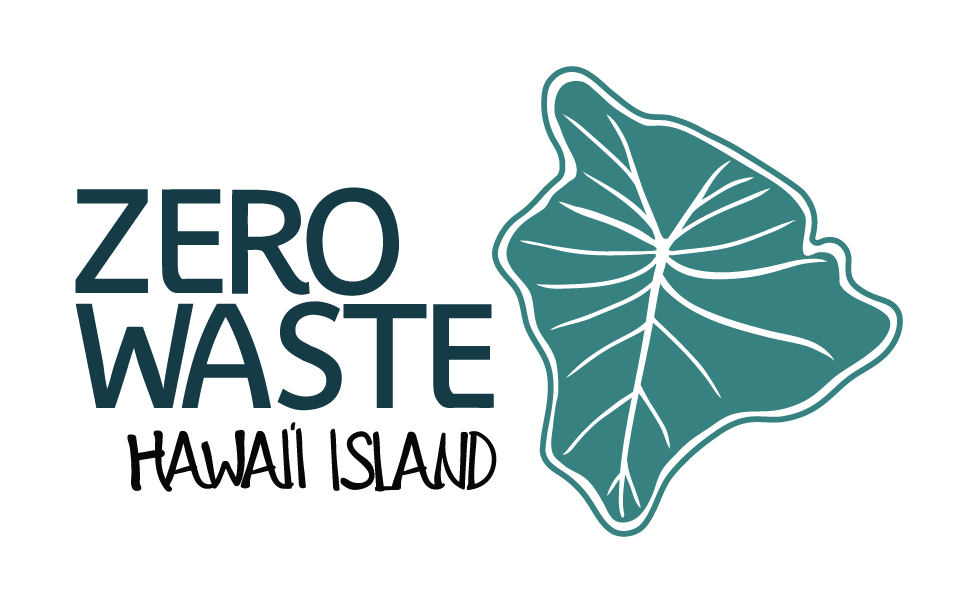News Articles
Chemicals of Concern in Foodware:
Health Impacts, PFAS, and Hawaii's Act 152
Chemicals of concern in foodware, especially PFAS, are a pressing public health concern due to their persistence and potential health risks. Known as "forever chemicals," PFAS (perfluoroalkyl and polyfluoroalkyl substances) are widely used in food packaging to provide greaseproof, waterproof, and non-stick properties. However, these chemicals do not break down easily, accumulating in our environment and in our bodies over time. PFAS exposure has been linked to serious health issues, including cancer, hormone disruption, immune system suppression, and reproductive problems. In addition to PFAS, there are over 16,000 chemicals used in plastics, with around 4,200 of them posing known health hazards, including many used in foodware. Despite these risks, only a small fraction of these chemicals are globally regulated, underscoring a critical need for systemic changes to safeguard consumer health.
The GreenScreen Certified™ program, developed by the Center for Environmental Health, aims to reduce harmful chemicals in foodware by assessing and certifying products free of hazardous additives like PFAS. It offers a product-level certification that ensures foodware products are free from chemicals of concern, helping businesses and consumers identify safer options. Certifications like GreenScreen enable producers to disclose and evaluate all chemicals in their products, preventing “regrettable substitutions” where one harmful substance is replaced by another equally dangerous one.
Hawaii’s Act 152, passed in 2022, represents significant progress in reducing the use of PFAS in foodware. Effective December 31, 2024, the law prohibits PFAS in certain types of food packaging, including pizza boxes, plates, wraps, and liners derived from plant fibers. Manufacturers violating this law face penalties, aiming to drive industry changes away from the use of PFAS in consumer goods. By regulating PFAS in specific food packaging categories, Hawaii sets a precedent for prioritizing public health.
Reusable foodware systems offer additional potential to limit exposure to these hazardous substances. By reducing reliance on disposable items, reusable systems can help avoid the need for chemical-laden coatings, making it easier to shift away from plastics and PFAS entirely. Act 152’s ban on PFAS in food packaging reflects a growing recognition that reducing toxic chemicals in consumer goods is essential. Complementing this law with certification programs and reusable systems could pave the way toward healthier options that avoid these harmful substances altogether.
